Rights group seeks arrest of ex-Sri Lanka president Rajapaksa in Singapore
A rights group documenting alleged abuses in Sri Lanka is seeking the arrest of former president Gotabaya Rajapaksa over his role in the Asian nation’s decades-long civil war, following the president’s escape to Singapore.
The Worldwide Reality and Justice Undertaking (ITJP) filed a criminal complaint with Singapore’s attorney general on Sunday, claiming that Rajapaksa has committed grave breaches of the Geneva Conventions during the civil war in 2009 when he was the country’s defense chief, according to a copy of the complaint seen by Reuters.
In its 63-page complaint, the South Africa-based ITJP argued that based on universal jurisdiction, the alleged abuses were subject to prosecution in Singapore, where the 73-year-old former leader fled the island nation amid mass protests over an unprecedented economic crisis.
“The criminal complaint that has been filed is (based on) verifiable information on both the crimes that have been committed, but also on evidence really linking the individual in question, who is now in Singapore,” Alexandra Lily Kather, one of the lawyers that drafted the complaint, told Reuters by telephone from the German capital, Berlin.
“Singapore really has a unique opportunity with this complaint, with its own law and with its own policy, to speak truth to power.”
The resignation of Rajapaksa was accepted by Sri Lanka’s parliament on July 15, days after he fled the crisis-hit island.
Rajapaksa’s resignation came as protesters retreated from public buildings they had stormed and vowed to continue pressuring the authorities.
The embattled Sri Lankan leader arrived in Singapore on July 14 after first flying to the Maldives. He is reportedly accompanied by his wife and two bodyguards.
Singapore said the fugitive president had been allowed to enter the country on a “private visit” but had not asked for or been granted asylum.
In response to questions from Reuters, a spokesperson for the Attorney-General’s Chambers said it had received a letter from the ITJP on July 23, but noted that they “are not able to comment further on this matter.”
Rajapaksa could not be reached for comment through Sri Lanka’s High Commission in Singapore. He has previously strenuously denied allegations he was responsible for rights abuses during the war.
Shubhankar Dam, a professor at the University of Portsmouth School of Law in Britain, who has taught in Singapore, said while its courts were able to try alleged war crimes, genocide, and torture, it has repeatedly stated that such jurisdiction should only be invoked as a last resort.
“While neutrality is not officially enshrined in Singapore’s foreign policy, it has long cultivated a form of even-handedness,” Dam said.
“Any decision to prosecute a former foreign head of state has to be balanced against its foreign policy objectives.”
Sri Lanka ended a 25-year civil war between separatist insurgents from the ethnic Tamil minority and government forces in 2009. Rights groups accused both sides of abuses during the war.
The ITJP assisted in two civil lawsuits against Rajapaksa, proceedings for one of which were served in a California parking lot in 2019. Rajapaksa was a US citizen at the time.
Both cases were withdrawn after Rajapaksa was granted diplomatic immunity upon becoming president later that year.
VIDEO | Trump's Iran blunders
Senior cmdr. strongly warns Trump following rhetorical remarks concerning Leader
EU Parliament halts US trade deal after Trump tariff threat
VIDEO | An unchecked presidency
VIDEO | Deportations strain Afghanistan’s fragile economy
‘Full-scale atrocity’: Iran security body reports 2,427 martyrs in US-Israeli-led riots
Smallest coffins are the heaviest: The three youngest victims of foreign-backed riots in Iran
Hamas warns of ‘systematic Israeli violations’ as Gaza ceasefire teeters


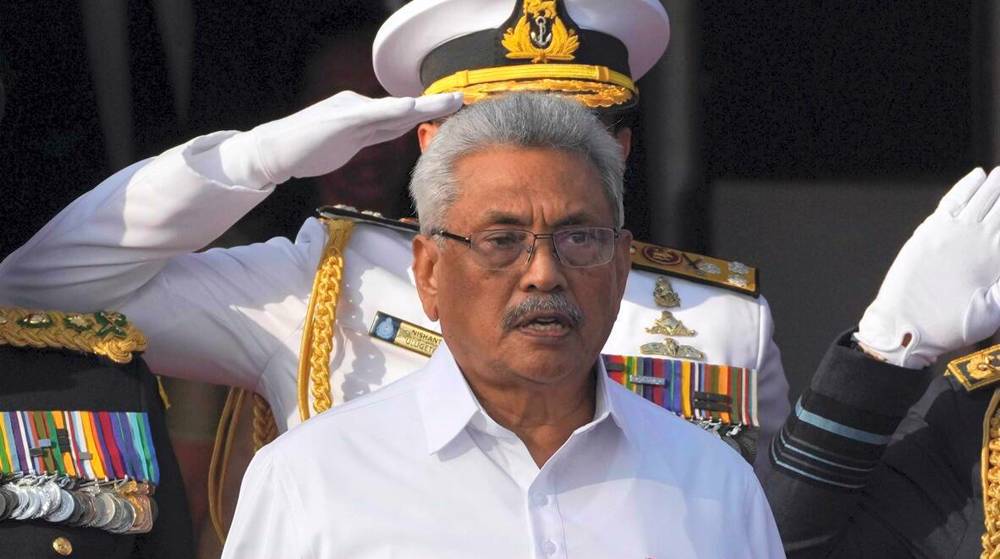
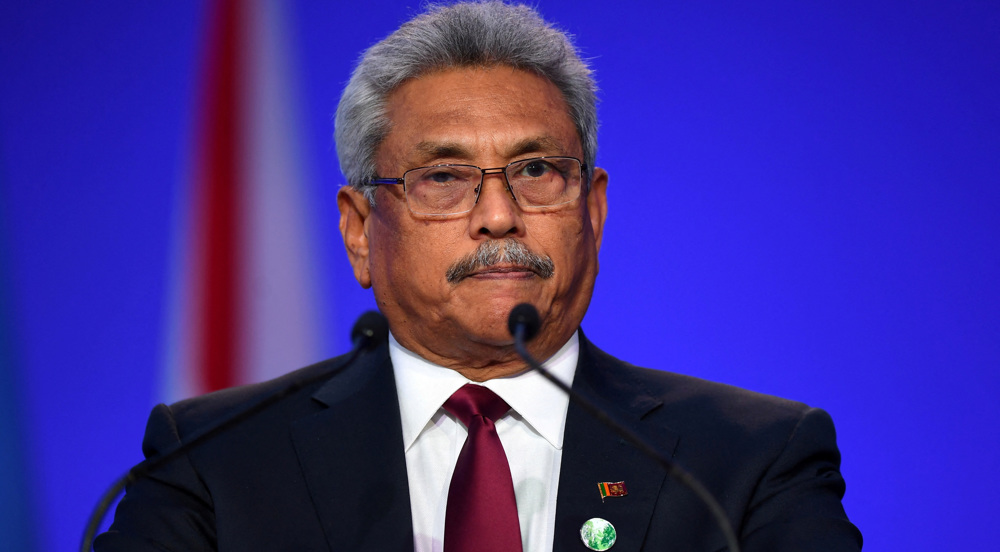
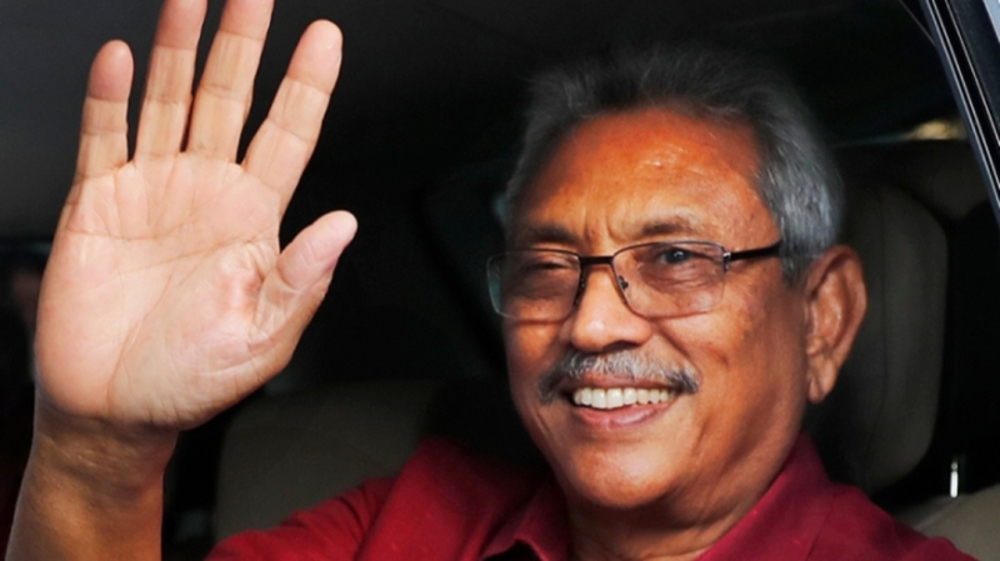

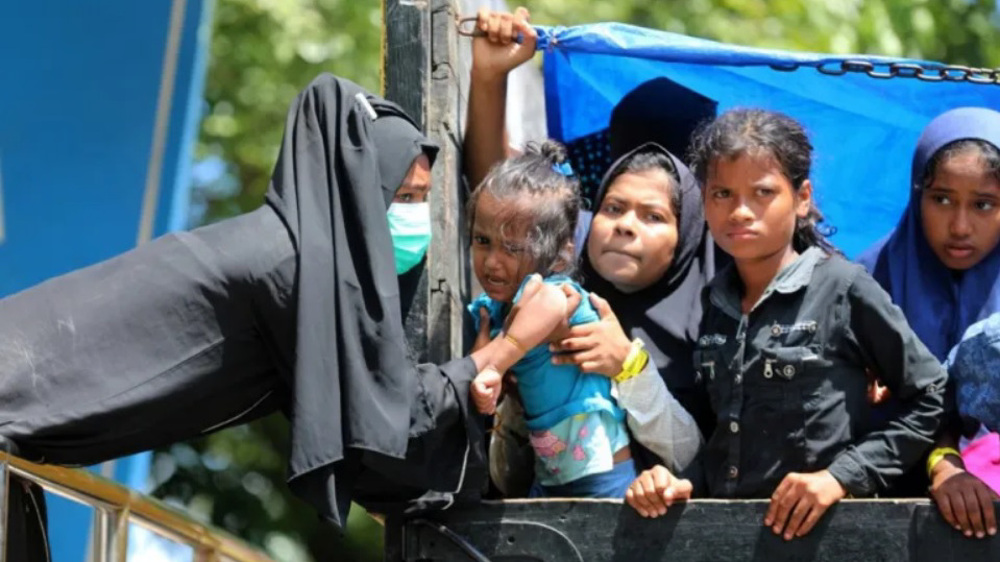
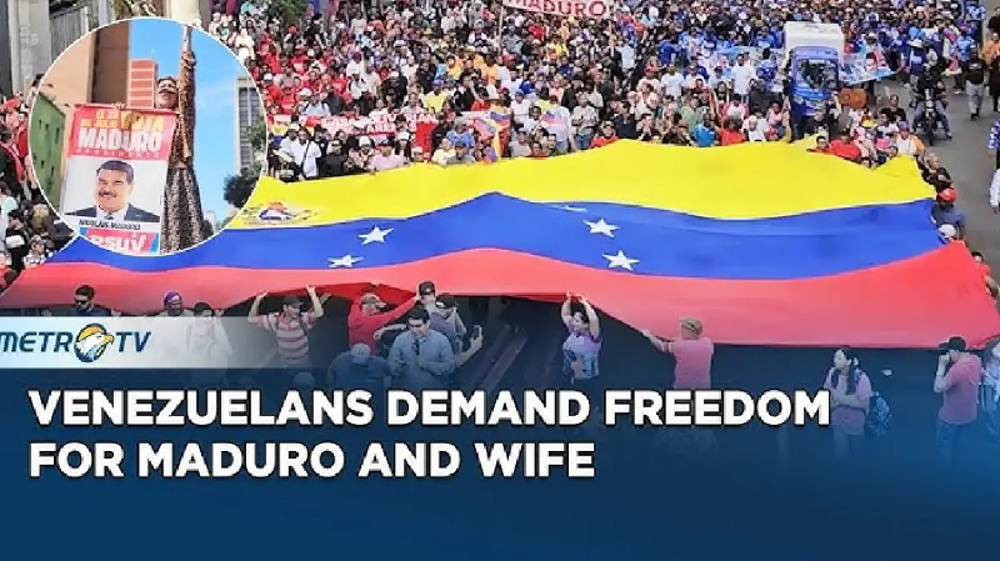



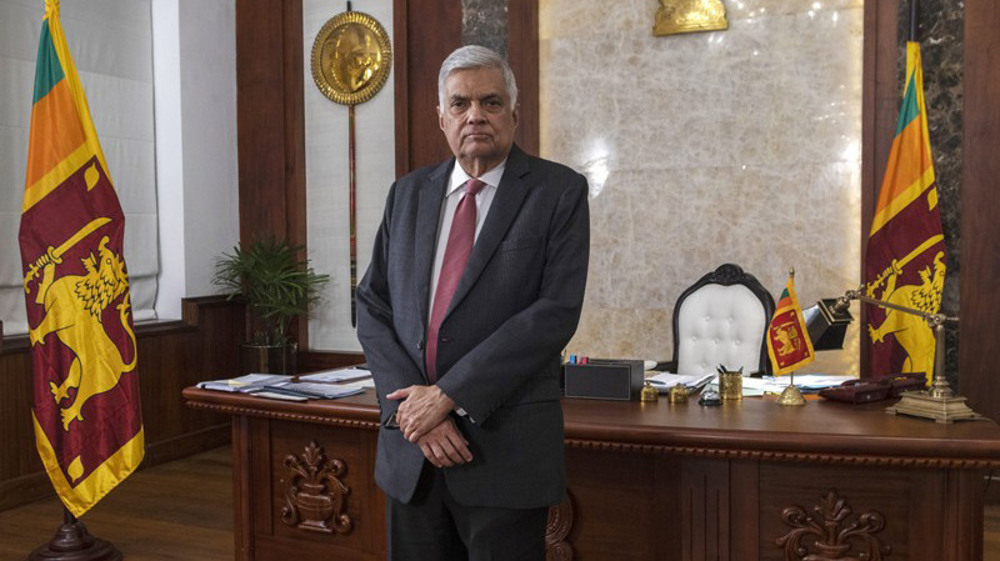
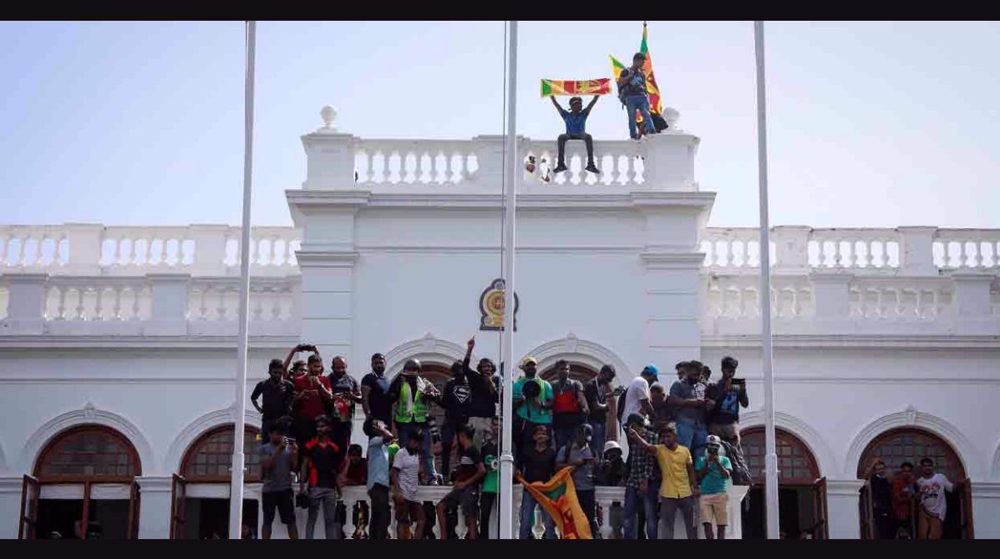
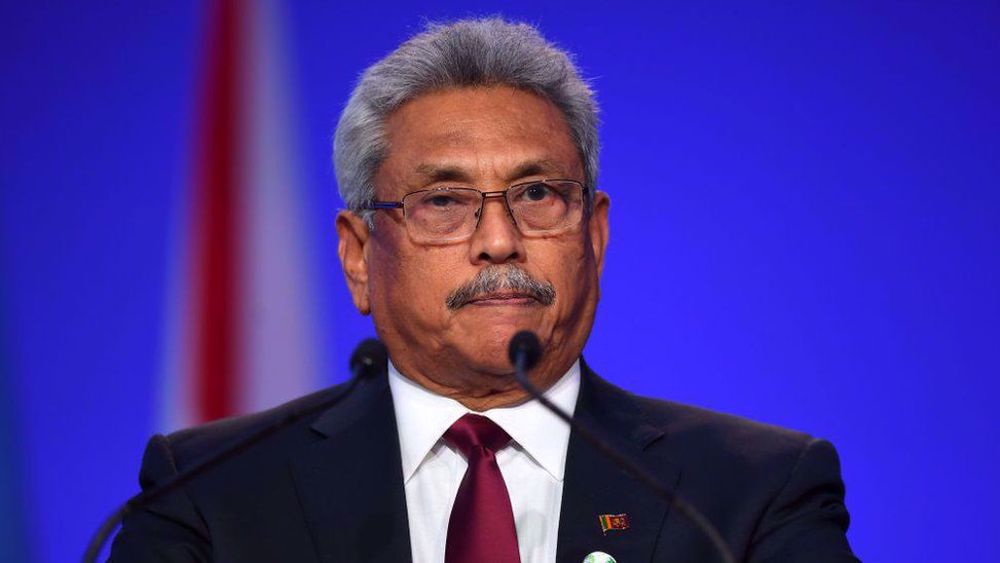

 This makes it easy to access the Press TV website
This makes it easy to access the Press TV website